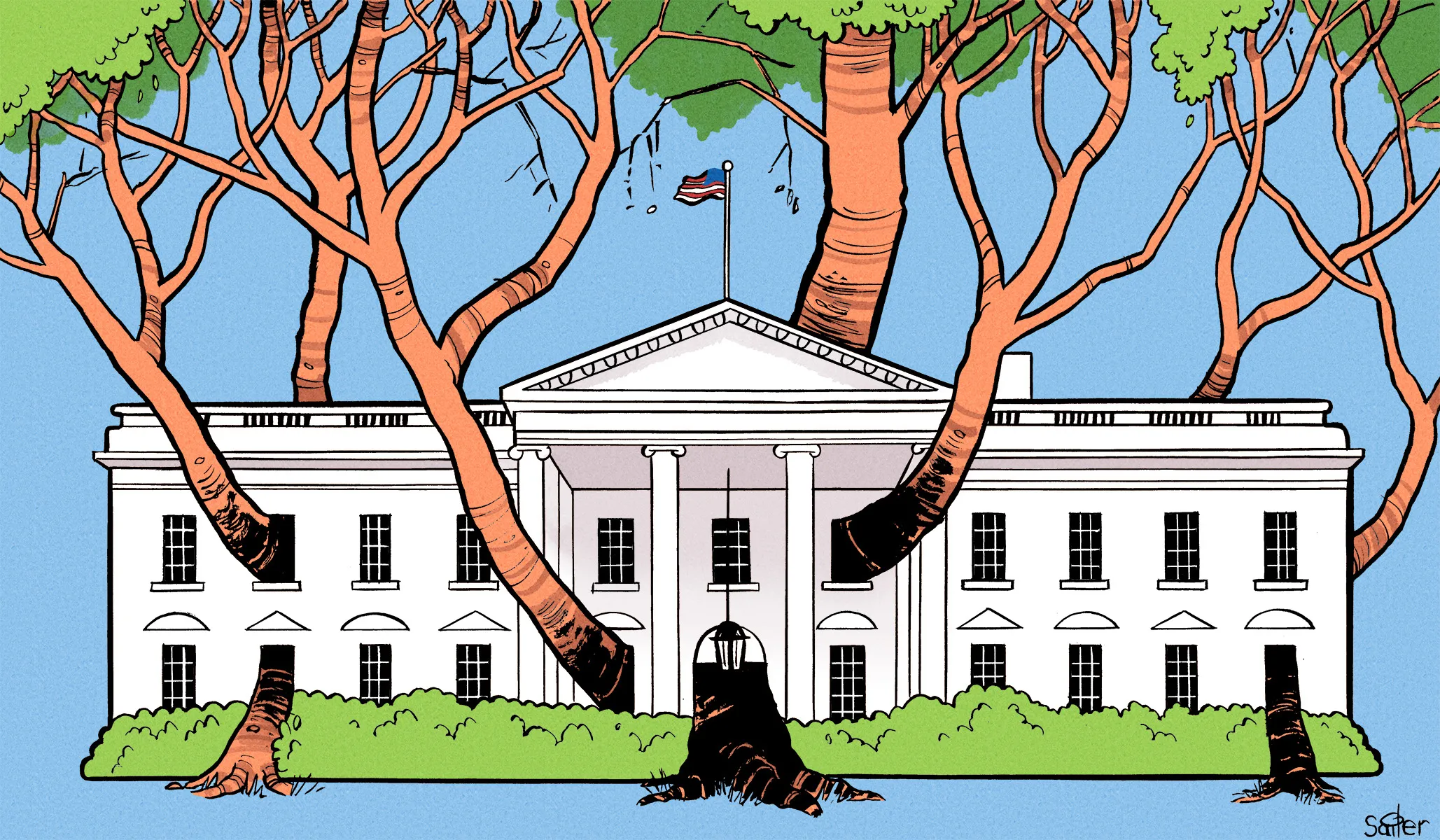By Anastasia Boden
‘This wolf comes as a wolf.”
Almost 40 years ago, Justice Antonin Scalia warned of the rise of a “fourth branch” of government: an unelected, unaccountable bureaucracy wielding power once reserved for the president. He was the lone dissenter in Morrison v. Olson, a 1988 Supreme Court case that upheld the creation of “independent counsels.” These special prosecutors could investigate and charge high-ranking executive officials but were not answerable to the president. At the time, Scalia stood alone in dissent. Today, his warning reads like prophecy. And it’s a reminder that, on Independence Day, what matters is not just our rights that are written on paper but the constitutional structure that protects them.
The case arose from a post-Watergate law designed to restore trust in government. After President Nixon fired the man appointed to investigate him, Congress passed the Ethics in Government Act, creating a new framework for ethics investigations. It authorized “independent counsels,” who were supposed to be above politics. They were appointed by a special court, removable by the attorney general only for “good cause,” and insulated from the president’s control.
Years later, Alexia Morrison was appointed to investigate then–Assistant Attorney General Ted Olson for allegedly misleading Congress. When she subpoenaed Olson, he refused to comply, arguing that her office was unconstitutional. He brought a lawsuit arguing that prosecutors are part of the executive branch and the Constitution vests all executive power in the president. That means the president must be able to control those who wield that power. And firing, of course, is the most effective means of control. Any limitations on the president’s removal power, therefore, undermine democratic accountability.
The Supreme Court disagreed. Writing for the majority, Chief Justice William Rehnquist said that some limitations on removal are permissible as long as they don’t “unduly trammel” the president’s authority. In other words, the Court blessed a vague balancing test, not rooted in constitutional text, leaving it to judge just how much power was too much to take away.
Scalia saw right through it. His dissent was scathing: “Frequently an issue of this sort will come before the Court clad, so to speak, in sheep’s clothing,” he wrote. “But this wolf comes as a wolf.” In his view, giving officials executive power without being answerable to the president meant empowering a new, fourth branch at the expense of the president.
Scalia wasn’t just concerned about abstract principles; he was concerned about liberty. He believed that the genius of the Constitution lay not just in its express guarantees of individual rights, which are a “dime a dozen” in governing documents around the world, but in its structure. And by creating a system of checks and balances and establishing clear lines of political accountability, that preserves individual rights. After all, he noted, dictatorships often have impressive bills of rights on paper. Structure is what keeps the government in check in practice.
As Scalia predicted, the modern administrative state ballooned, with unelected, unaccountable officials regulating everything from the size of the holes in Swiss cheese to dishwasher settings. These officials could make rules, enforce them, and sometimes even adjudicate violations in in-house tribunals — all while being shielded from presidential oversight. It was, in effect, a “fourth branch” of government, unaccountable to voters.
In the years since Morrison, the Supreme Court has gradually chipped away at its foundation, affirming that the president must have control over the people in the executive branch. Just last month, the Court declined to reinstate administrative officials fired by President Trump in violation of statutes saying they could be removed only “for cause.” The president, it seems, is clawing back control over the executive branch.
Some see this as a dangerous consolidation of power. But they miss the point. The Founders didn’t give the president executive power because they trusted presidents. They gave it to him because he’s accountable to us. When unelected bureaucrats make decisions that impact our lives — from Covid policy (such as vaccine mandates or eviction moratoriums) to the fat content of ice cream — we can’t vote them out. But we can vote out a president.
On the Fourth of July, Americans tend to celebrate their freedoms rather than the structure that protects them. This year, it’s worth thinking about Justice Antonin Scalia’s iconic 1988 dissent, which is poised to become the majority opinion — and a much-needed check on the wolf of an administrative state.
